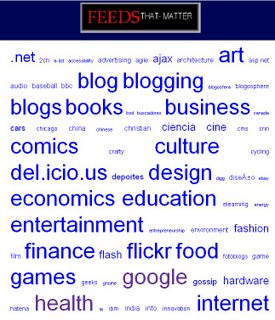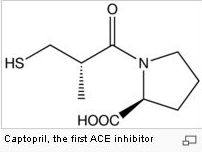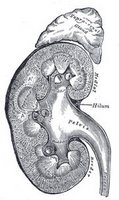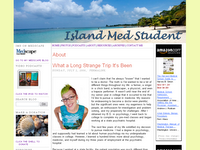 UBC Academic Search - Google Scholar Blog was the place to go for updates and insights on how medical librarians, physicians and patients are using search engines to sort out the staggering amount of information on the web. Now, Dean Giustini, the blog author is putting the site on hiatus for at least a year:
UBC Academic Search - Google Scholar Blog was the place to go for updates and insights on how medical librarians, physicians and patients are using search engines to sort out the staggering amount of information on the web. Now, Dean Giustini, the blog author is putting the site on hiatus for at least a year:UBC Google scholar blog is going on hiatus. Well, let's just call it a sabbatical. As of January 2007, a sign will go up saying Gone fishing - see you in 2008. I am going to be immersing myself in learning theory for my 2007 sabbatical, and that means I won't be tracking trends in search. What will happen to GS blog? What about the wiki? All good questions.
I am pondering what to do next. Will I return here? Time will tell.
Last December, Dean wrote an interesting editorial for BMJ: How Google is changing medicine. He also interviewed several physician bloggers (including me) a few months ago.
I am not the only one waiting for Dean to start blogging again and that's why I will stay subscribed in Bloglines.
Update 01/29/2008:
Dean is blogging again.
References:
Physician Bloggers Talk to a Medical Librarian
BMJ: Build Google Medicine
Image source: UBC Academic Search - Google Scholar Blog
Updated: 01/29/2008











